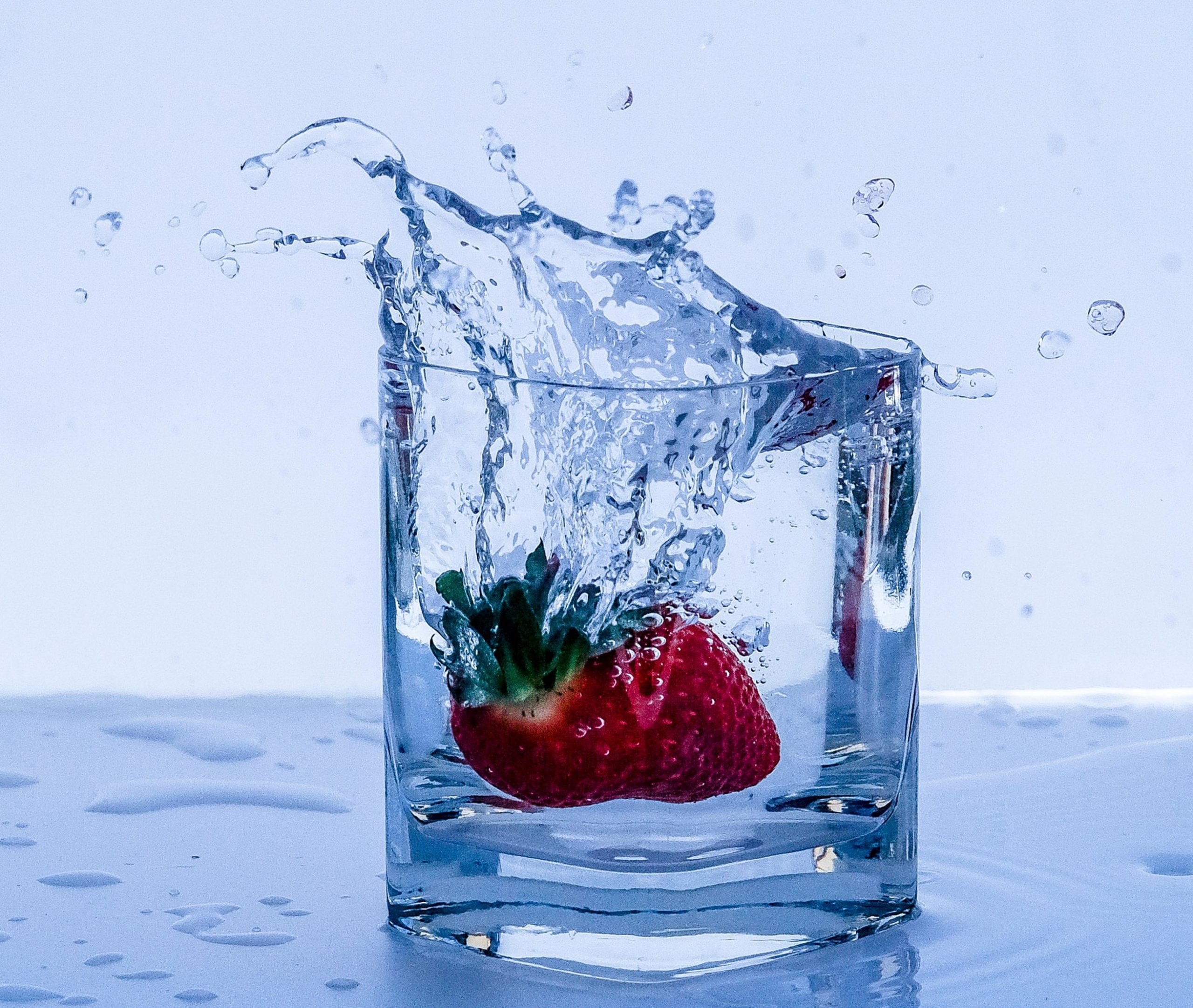The Importance of Hydration for Body, Mind and Emotional Health and Well-Being
April 24, 2020
 The Importance of Hydration for Body, Mind and Emotional Health and Well-Being
The Importance of Hydration for Body, Mind and Emotional Health and Well-Being
What is the medical definition of ‘hydration’?
Merriam-Webster’s Medical Definition of hydration includes:
1: the act or process of combining or treating with water: the introduction of additional fluid into the body (hydration sometimes helps to reduce the concentration of toxic substances that we all have in our tissues)
2: the quality or state of being hydrated, especially: the condition of having adequate fluid in the body tissues
‘Dehydration’ is when the body is lacking the water levels necessary to function optimally.
As much as food is needed for the structure and function of our body, so are the water and fluids we consume. Approximately 60 percent of the human body is comprised of water. Adequate hydration is needed for every cell, tissue and organ to function properly. Water helps to maintain body temperature, carry nutrients throughout the body, lubricate joints, optimize digestion and remove waste through urine and stool.
Symptoms of inadequate hydration may include sluggishness, constipation, headaches, light-headedness, darker urine and poor focus and concentration. Even with minor impact on physical or mental symptoms, current research found that lack of hydration can lead to mood changes; irritability, fatigue, sleepiness and anxiety have been identified as early signs of mild dehydration. Some symptoms have been shown to be reversed with proper water intake; however, it is thought that even one day of fluid deprivation may have effects on emotional wellbeing.
The general recommendation for fluid intake is approximately six 8-ounce glasses per day, although various factors can influence individual needs and recommendations.
Caffeine, alcohol, sweating, vomiting, diarrhea, hot weather and some medications (e.g. diuretics) can increase fluid loss and therefore require increased fluid intake. On the other hand, certain conditions may increase fluid retention and therefore restricting fluids may be medically indicated. If you are in doubt about your specific hydration needs, please ask your health care provider and/or book a consultation with a registered dietitian.
What are some good options for beverages? Water is a great source for hydration; if you prefer a touch of flavour, consider adding lemon, orange slices, cucumber, berries, apple cider vinegar or mint. If you flavour your water, especially with citrus or vinegar, consider using a straw, to protect your teeth. Other hydrating beverages include herbal teas, small amounts of juices as part of a meal, soups and broths. Some herbal teas can help with certain side effects of treatment such as ginger or peppermint for nausea.
Eating vegetables and fruits also helps us hydrate; cucumbers, celery, cabbage, bell peppers, apples, citrus fruits and melons are some examples. Choose foods and beverages that appeal to you.
Some Suggestions:
- When you’re feeling hungry, start with a drink of water. Thirst may be confused with hunger.
- When you’re feeling tired, sluggish, low energy or are having trouble concentrating, try drinking water before turning to caffeine. You might be surprised at how much water supports you.
- When you’re feeling grumpy, negative, anxious or fragile, drink water (and take some breaths) and observe your mood for any sense of clarity, settling, uplift or refresh.
References:
- Institute of Medicine 2005. Dietary Reference Intakes for Water, Potassium, Sodium, Chloride, and Sulfate. Washington, DC: The National Academies Press. https://doi.org/10.17226/10925.
- Jéquier E, Constant F. Water as an essential nutrient: the physiological basis of hydration. Eur J Clin Nutr.2010 Feb; 64(2):115-23. doi: 10.1038/ejcn.2009.111. Epub 2009 Sep 2.
- Pross N. Effects of Dehydration on Brain Functioning: A Life-Span Perspective. Ann Nutr Metab.2017; 70 Suppl 1:30-36. doi: 10.1159/000463060. Epub 2017 Jun 15.
- Young HA1, Cousins A2, Johnston S2, Fletcher JM3, Benton D2. Autonomic adaptations mediate the effect of hydration on brain functioning and mood: Evidence from two randomized controlled trials. Sci Rep.2019 Nov 11;9(1):16412. doi: 10.1038/s41598-019-52775-5.
- Barry M. Popkin, Kristen E. D’Anci, and Irwin H. Rosenberg. Water, Hydration and Health. Nutr Rev. 2010 Aug; 68(8): 439–458.